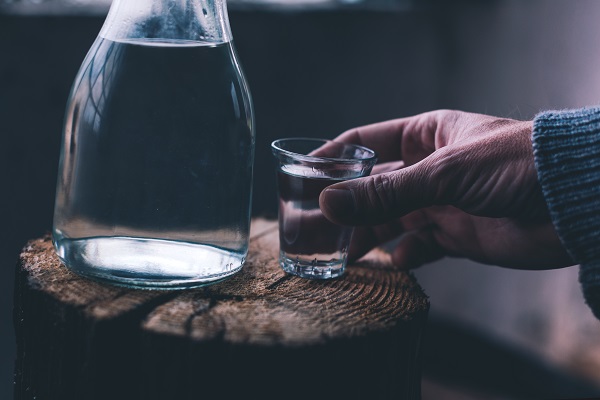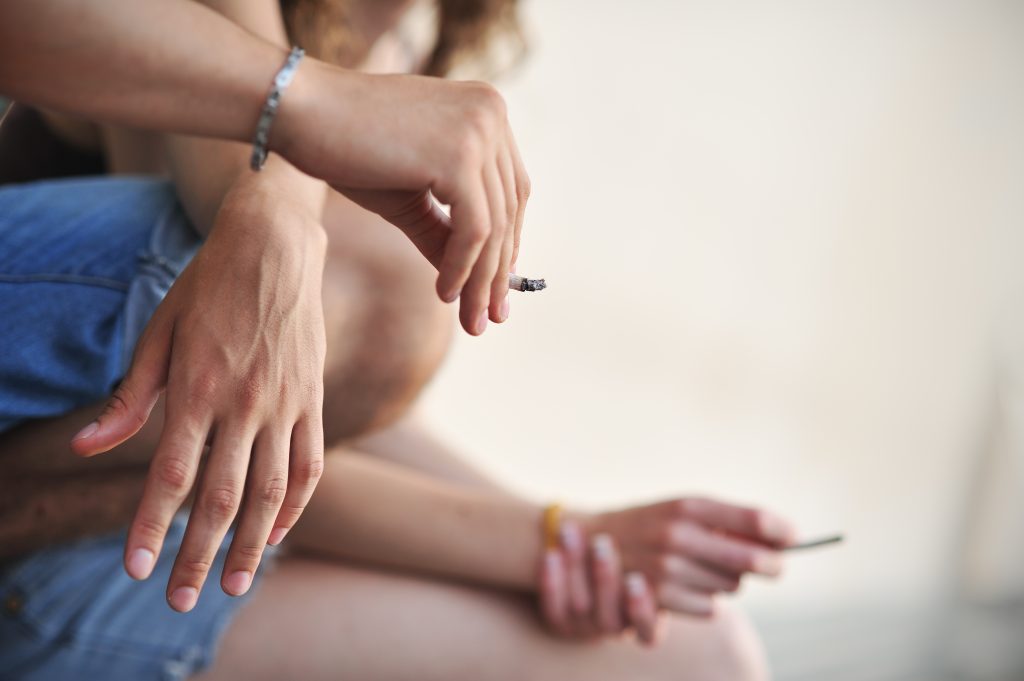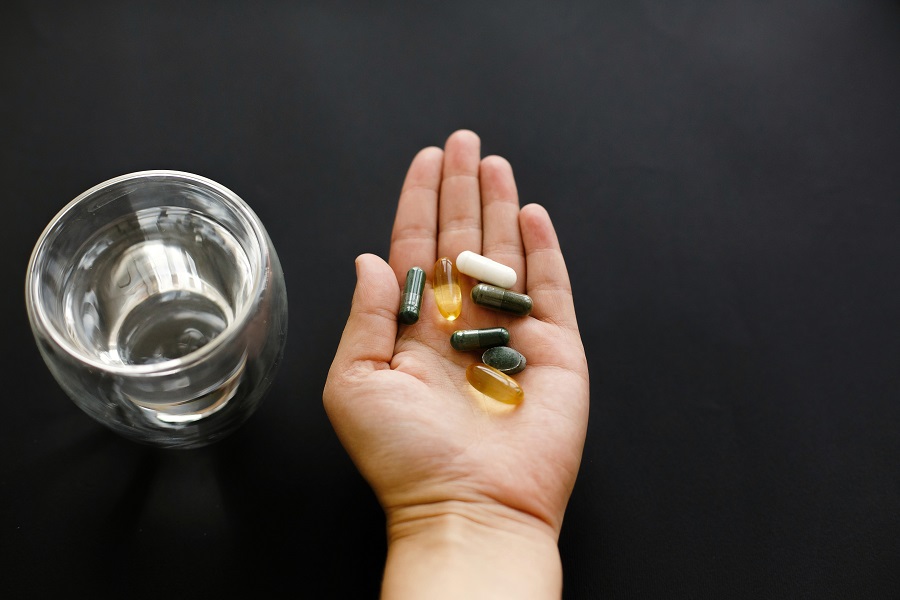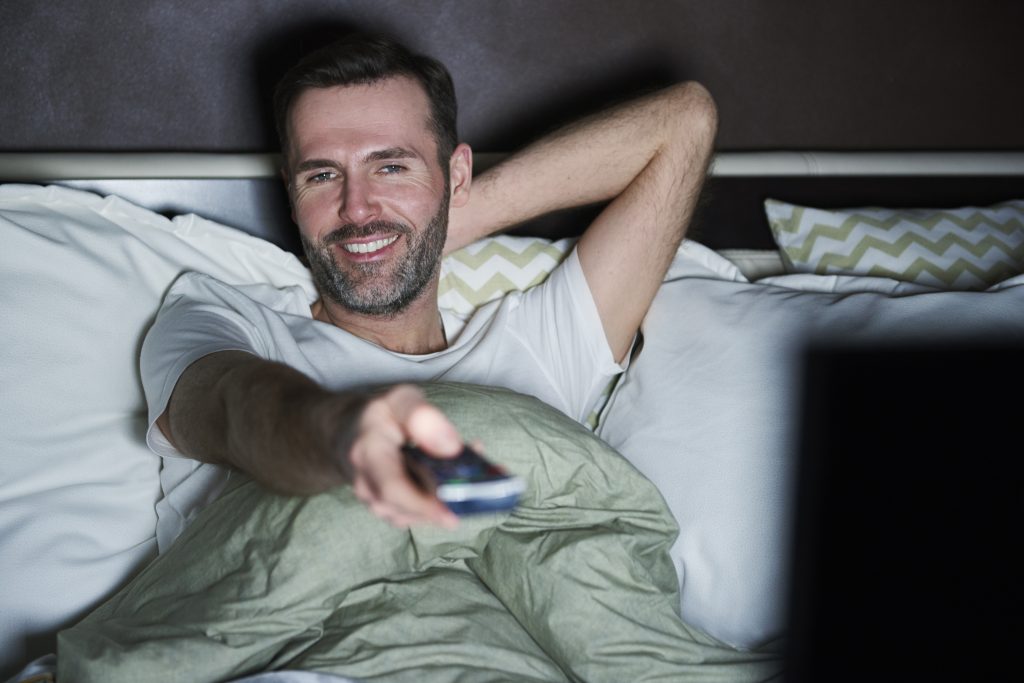Getting a good night’s sleep is essential for maintaining good health and well-being, but sometimes it can be hard Going To Bed after a busy day. How you end your day can make all the difference in getting enough quality rest. Right before bedtime, certain things should be avoided with the goal of aiding your body in preparing for sleep. From avoiding multiple cups of coffee late in the afternoon to limiting screen time, this blog post outlines the activities and habits to avoid before bed so you can get ample Z’s!
Contents
What To Avoid Before Going To Bed
Believe it or not, the activities that you participate in before bed can affect how well you sleep. Keep in mind these simple tips to give yourself a better chance of getting quality sleep:
Coffee
When it comes to winding down for a good night’s rest, many people reach for a mug of coffee. While this may seem like an effective way to boost energy before bed, research has demonstrated that the caffeine in coffee can have severe repercussions for anyone looking to get a good night’s sleep.
Coffee can increase alertness and impede the body’s natural sleep process by delaying or suppressing the release of melatonin – a hormone responsible for regulating sleeping cycles. So though that evening cup of Joe may give you an evening pick-me-up, trying your best to avoid drinking coffee before bedtime could help ensure you get more restful sleep.
Large Amounts Of Alcohol
Many people enjoy drinking before bed, but it’s important to remember that alcohol can often disrupt your body’s natural sleep cycle. Although one or two drinks might help you relax and make you sleepy, too much can prevent the body from getting enough rest. Alcohol can cause your sleep to be fragmented through the night and lead to early morning awakenings that leave you feeling fatigued.
Additionally, alcohol consumption prevents parts of the brain from entering deep REM sleep, resulting in fewer dreams during sleep, which can lead to an even more restful state. To keep your sleep patterns regular over time, it’s essential to avoid consuming large amounts of alcohol in the evening hours.
Video Games
Staying up late to play video games can seem harmless, but it can significantly affect your health. Sitting and staring at the screen for long periods can overstimulate the brain, making it hard to fall asleep when you finally hit the hay.
Additionally, video games’ intense visuals and fast-paced action can be too arousing for a person trying to wind down before bed. Listening to your body’s natural signals is key to a good night’s sleep; resist the urge to keep playing those video games! Even if you find yourself drowsy while playing, your body is trying to tell you that it’s late and you should be in bed.
Smoking
Smoking before bed can be particularly damaging to your health and sleep quality. Nicotine is a stimulant, so it keeps you awake, while the carbon monoxide put into the air will reduce oxygen levels in the blood, making you even more drowsy. Not only can this lead to interrupted sleep patterns and disturbed sleep cycles, but it can also mean that when you do fall asleep, you’re not getting a restful night of sleep.
Smoking late at night also increases your heart rate and raises your core body temperature, leaving you feeling flush instead of achieving the relaxed state necessary for a good night’s sleep. For these reasons, it’s best to avoid smoking right before going to bed if at all possible.
Certain Medications
Going to bed can be a time to relax, but certain medications can interfere with your ability to get the restful sleep needed. Many medications come with warnings not to take them before bed, as they can interfere with sleep cycles and cause vivid dreams or difficulty staying asleep.
Seniors or people with chronic illnesses need to pay attention to warnings related to specific medications and dosage amounts, as they may be more prone to experiencing these types of adverse effects. Ensure you are aware of any precautions related to your medications before going to bed to get the best, most uninterrupted rest possible.
Anything With Sugar
When the night settles in, and you start thinking about your nightly treat before turning in, try to resist reaching for the chocolate bar! Too much sugar before bed prevents your body from relaxing, leaving you restless and potentially preventing you from getting a good night’s sleep.
Avoiding sugar (especially chocolate) late at night can be challenging, but it’s worth it for better sleep quality in the long run. Instead of having something sweet, opt for a lighter snack that won’t spike your blood sugar levels and keep you up all night. Low-fat yogurt or unsalted nuts are smart options that won’t interfere with well-rested nights.
Spicy Foods
Eating spicy foods before bed is never a good idea. Capsaicin, which gives chili peppers their flavor and heat, can irritate the digestive tract and cause indigestion. This can lead to unpleasant symptoms such as heartburn, abdominal pain, nausea, and diarrhea throughout the night or early morning.
Furthermore, eating something with a lot of spice can raise your body temperature, making it harder for you to drift off into sleep and contribute to disturbed sleep. There are better snacks than spicy foods before bed if you want a restful sleep.
Too Much Water
Getting enough water throughout the day is essential for good health, but it’s smarter to be mindful of your hydration levels when it comes to bedtime. Drinking too much water before you turn in can negatively affect your sleep quality and overall well-being. Caffeine isn’t the only thing that can disrupt a peaceful slumber–too much liquid intake close to bedtime can lead to frequent awakenings due to the need to urinate.
This means more tossing and turning, which impacts sleep duration and leaves you feeling groggy the next day. It’s better to be mindful of how much you’re drinking during hours leading up to bedtime and stay within a recommended intake based on your size and habits. Doing so will ensure that uninterrupted, restful sleep for a refreshed start tomorrow.
Things That Emit Blue Light
One of the most important things you can do before going to sleep is to avoid blue light exposure. Blue light tricks your brain into thinking it’s still daytime, making it difficult for you to drift off in time for bed. Although modern technology has provided you with incredible convenience, products like smartphones, tablets, and laptops give off this type of light that can significantly impact your sleep cycle.
If you can’t avoid using these devices close to bedtime, try putting on blue-blocking glasses or adjusting the color settings on your electronic device so as not to be exposed to too much of this strong light source. A good night’s rest is essential for maintaining a healthy lifestyle, and by taking preventative measures against blue light exposure, you can ensure you get the quality sleep your body needs.
What You Should Do Before Going To Bed
As the day slowly winds down, it is essential to do certain things before bed to ensure that you feel rested and energized. A great start is by winding down with an activity such as reading or writing, which is known to significantly reduce stress and help relax your mind and body by distracting them from any worries or anxieties.
Other ideas include taking a warm shower which helps reduce muscle tension and regulate temperature, dimming lights an hour or two before bed, which can help ease the transition into sleep, and drinking decaffeinated tea if desired for its soothing calming effects. Ultimately doing all of these things can contribute to feelings of well-being and better quality sleep, leaving one feeling alert throughout the day!
Steer Clear Of What’s Listed Above Before Going To Bed!
In conclusion, it’s essential to keep in mind the things you should avoid doing before bed. Eating spicy foods, drinking too much water, and staring at screens emitting blue light can negatively impact your sleep quality and leave you feeling tired during the day. Taking preventative measures by avoiding these activities altogether or reducing exposure are great steps for achieving better sleep and a more energized day. Make sure to incorporate some of the things suggested above for an ideal bedtime routine to help you get the restful, deep sleep your body needs!












